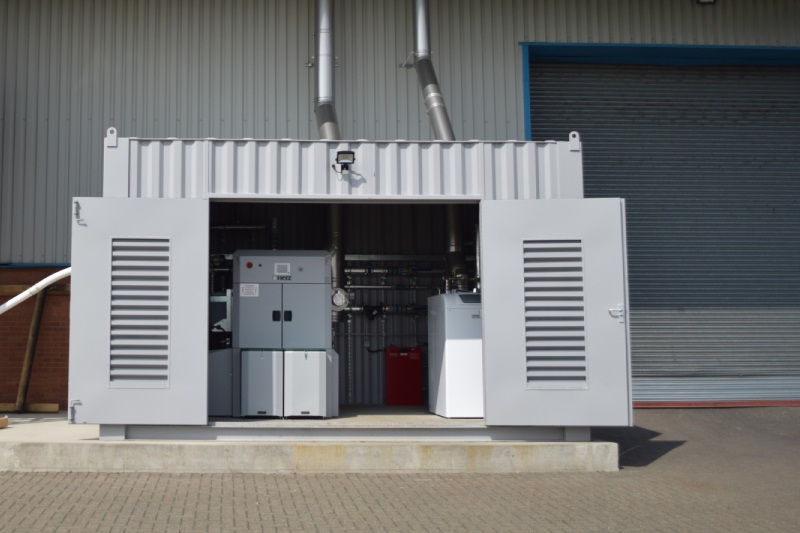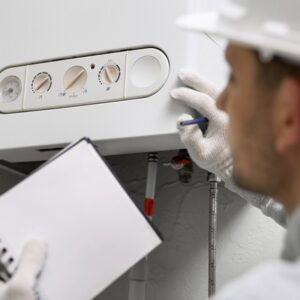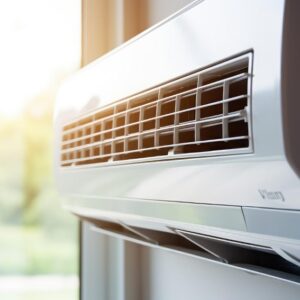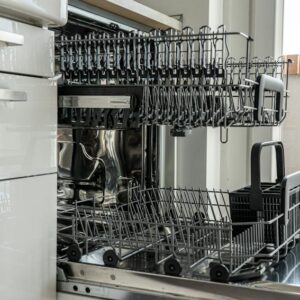People often misjudge the difficulties that are to be faced while choosing appropriate basics for their homes. Boilers, being one of the most important utilities needed for households, fall under the same category.
For starters, boilers are water heaters that distribute steam or hot water to all rooms in your home through a series of plumbing pipes.
If you are just setting up your new home or something’s not working right in your installed boiler, you might want to start from the basics.
Begin by considering the size of your property, the number of bathrooms, the number of showers and the water pressure in your area to name a few. Now that you know the basic requirements, contact professionals like JL Phillips for expert solutions.
That said, here are the three kinds of boilers available on the market for your needs. Let’s understand the basics and how you can use this system to lower your energy bills.
What are Boilers?
Boilers are structured like enclosed vessels in which water is heated and further circulated to different rooms. The catch here, however, is that the water inside is not boiled; in fact, the vaporised or heated fluid is used to power various heating solutions, such as –
- Central heating
- Boiler-based power generation and
- Water heating
Now that you’ve got a basic understanding of what boilers are and how they work, let’s go through the different types that you can choose from.
3 Different Types of Boilers
1. Electric Boilers
An electric boiler is made of a large tank with an inlet and outlet. In these boilers, the main source of heating is electricity; it warms up water to a very high temperature before the pump moves the heated fluid to your home’s radiator.
They have quite some significant advantages that are listed below:
- Easy to install
- Not loud
- Energy efficient
- Clean looking
- Takes less space
However, the drawback to electric boilers is that they lean towards the expensive side. This is because they run on electricity, while other kinds of boilers run on fuel.
2. Gas-Fired Boilers
The main source of energy production in gas-boilers is through the use of natural gas propane. This, naturally, makes them an extremely efficient and durable kind of boiler amongst all the others.
What’s more, gas-fired boilers have a lot of pluses. For starters, in the process of directing heated water or steam, it usually uses less fuel. This happens because it has the unique ability to recapture the energy floating in thin air; this is produced by gases that leave the boiler.
To top that, these boilers hardly ever break down and can go easy on the never-ending job of maintenance.
3. Oil-Fired Boilers
Oil-fired boilers are a boon for the area that has little to no access to natural gas. They usually run on home heating oil, which is stored in a tank made especially for fuel.
It is known to be an absolute energy saver, which has made it a popular choice amongst all home heating solutions today.
Moreover, an oil boiler does not require a gas supply.
One drawback though is that the operating costs generally fluctuate depending on changes in the price of oil. However, manufacturers have sorted that too; they have started producing models that use biodiesel fuel.
Ways You Can Reduce Your Energy Bills
When it comes to saving electricity and in turn your money through the use of boilers, there are certain ways that you can adopt. These include:
- Switching to a better energy tariff provider.
- Installing smart meters to track your energy consumption
- Getting a smart thermostat installed
- Insulating every corner of your room, in all ways possible
- Controlling your heating by –
- Turning your thermostat down by one degree
- Finding the ideal temperature for each room
- Scheduling temperatures at all times
Start following these methods and you should soon see a drop in your consumption and bills.
To Sum Up…
Boilers are essential for every household for those cold winter days. However, the essentiality becomes a question of maintaining a healthy and eco-friendly lifestyle, wherein it is a must to have heat in your home while maintaining the unit that provides it.
This is the sole reason that you need to be up-to-date with the latest technologies and new models of boilers before you decide on installing or upgrading your current one.
That said, manufacturers have come up with biomass heating systems, which go easy on your pockets while being eco-friendly. So begin by investigating your space, your requirements, budget and so on. Once that’s done, you can start researching which boiler to install. At this stage, this article will come in handy and help you to make the decisions. Choose the one that balances your pockets and the environment and you’ll be good to go!





